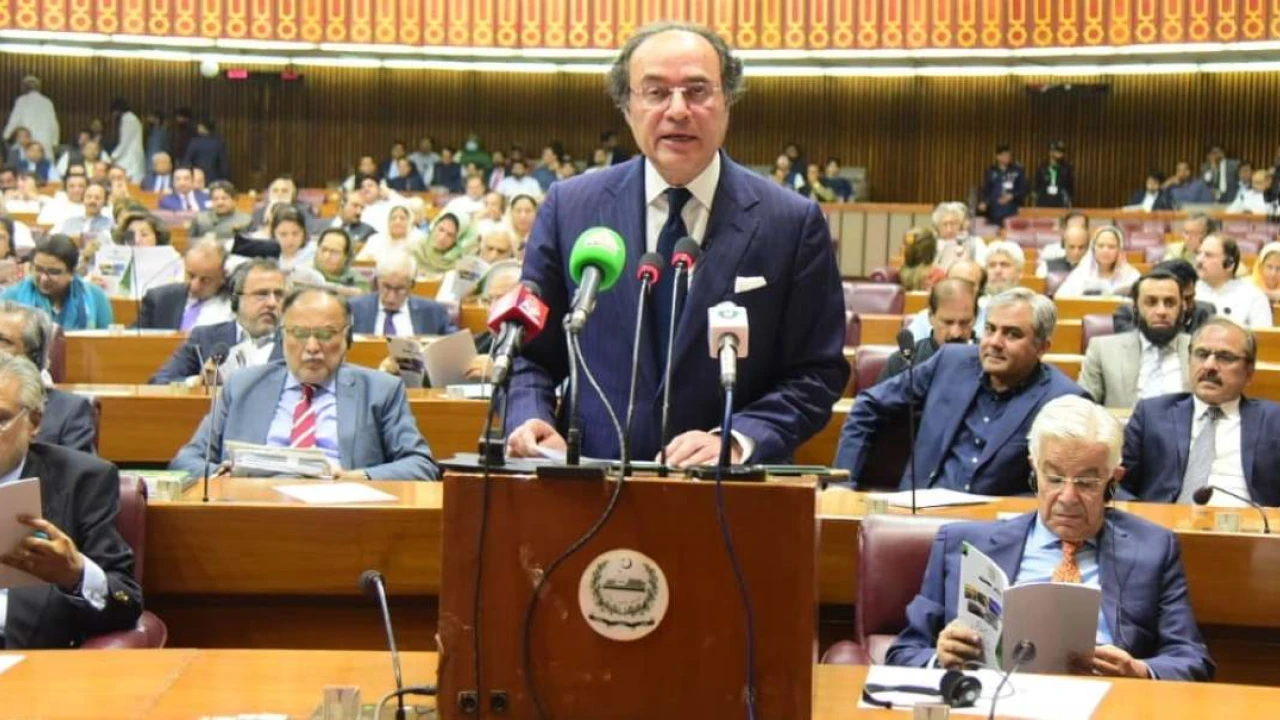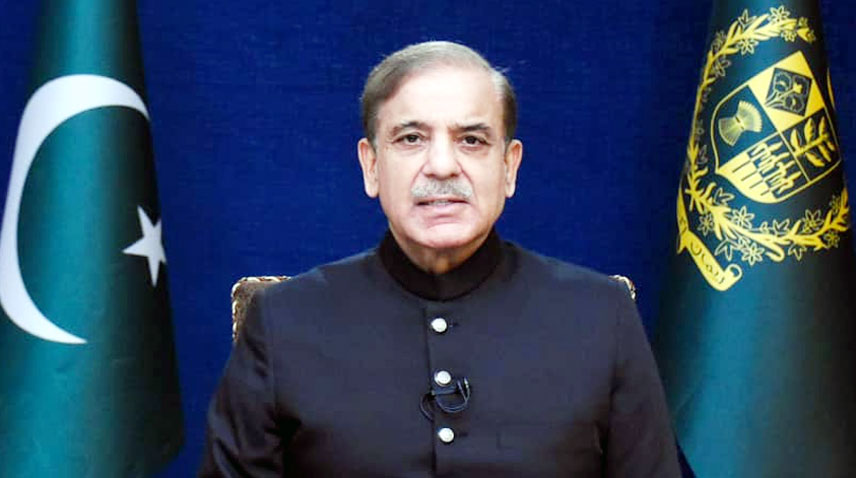On Friday, Pakistan swiftly passed the IMF-drafted Federal Budget 2024-25, which introduced several last-minute changes. These modifications effectively doubled the tax rate on the salaried class, increased air travel costs by at least 40%, raised petrol and diesel prices, and imposed a punitive 10% surcharge on high salaries. Many in Pakistan view these measures as disastrous, while the Washington-based lender, the IMF, believes they still fall short of what is needed.
The Impact of Increased Taxes
While raising taxes might appear to be a viable solution, history has shown that this approach can backfire. Recent events in Kenya serve as a cautionary tale. Additionally, spending cuts have their limitations, particularly given Pakistan’s overwhelming debt burden.
The new budget leaves the government with little room to maneuver in terms of debt reprofiling, which could have eased the tax burden on those living paycheck to paycheck. As a result, the salaried class finds itself in a precarious position.
READ MORE: Expected Rise in Petrol and Diesel Prices This Week
Key Budget Highlights
- 10% Surcharge on High Incomes: This surcharge is essentially a penalty on top earners, in addition to the already steep 35% standard tax rate on their annual gross income.
- Progressive Property Tax: A new regime for property transactions has been introduced. Filers will pay a minimum of Rs. 4 million on properties worth Rs. 100 million, while non-filers will face at least Rs. 10 million on similarly valued properties.
- Mobile Phone Tax: Mobile phones worth less than Rs. 140,000 will face an 18% additional tax, while those exceeding this value will be taxed at 25%.
- Sales Tax on Milk: Standard milk and fat-filled milk will now be subject to an 18% sales tax.
- Exporters’ Taxation: Exporters will now fall under the normal tax regime, paying 29% corporate tax plus any applicable super tax on their export income.
- Additional Surcharge on High Incomes: Individuals and Associations of Persons (AoPs) with annual incomes exceeding Rs. 10 million will face a 10% additional surcharge on their calculated income tax.
Budget and Debt
Pakistan is caught in one of the most severe debt traps globally. The nation has accrued vast amounts of debt, largely spent on unproductive expenditures like consumption. Servicing past debt payments is pushing Pakistan toward defaulting on its development and climate needs. The government now spends more on servicing debt than any other country in the world, a trend likely to continue for several years. This necessitates punitive and unrealistic taxes to service old debt, leaving no real resources for investing in Pakistan’s future.
The Plague of Interest Payments
Pakistan has the highest interest payment rate (6% of its economy) among developing countries. With 65% of government revenue going towards interest payments, Pakistan is second only to Sri Lanka in this regard. This heavy interest burden leaves the government with no resources for crucial social spending, essential for upgrading the population’s skillset and enhancing job quality, exports, and foreign investment.
The government spends almost three times more on interest payments than on education, ranking second worst globally after Sri Lanka. Moreover, it spends twice as much on interest as it does on investment, which is critical for growth—a ratio only worse in Angola and Lebanon. Currently, Pakistan invests only 14% of its GDP, far below the level necessary for sustained growth. Even with lower interest rates over the last four years, Pakistan’s interest bill has remained among the highest in the world.
Structural Problems
The root issue lies in Pakistan’s heavy debt burden, not just high interest rates. Even with a hypothetical 2% GDP increase in revenues over the next few years, interest payments would still consume around 55% of government revenues.
Inflation Concerns
The new Rs. 18.9 trillion budget includes a lofty Rs. 13 trillion tax collection target and Rs. 9.8 trillion in debt servicing. The proposed inflation target for 2024-25 is set at 12%, but the current month’s inflation outlook is higher at 13.5%, raising doubts about the government’s ability to manage inflation in the coming months. The IMF anticipates inflation to remain above 12% starting tomorrow.
Conclusion
The Federal Budget 2024-25 places significant strain on Pakistan’s salaried class and raises concerns about the country’s economic sustainability. With a substantial portion of revenue dedicated to debt servicing and high-interest payments, there is little room for essential social and developmental investments. The budget’s heavy taxation measures and inflation outlook further complicate the economic landscape, making it challenging for Pakistan to achieve sustained growth and stability.





